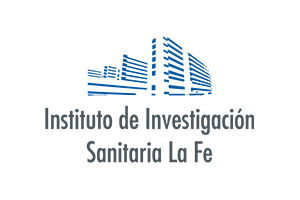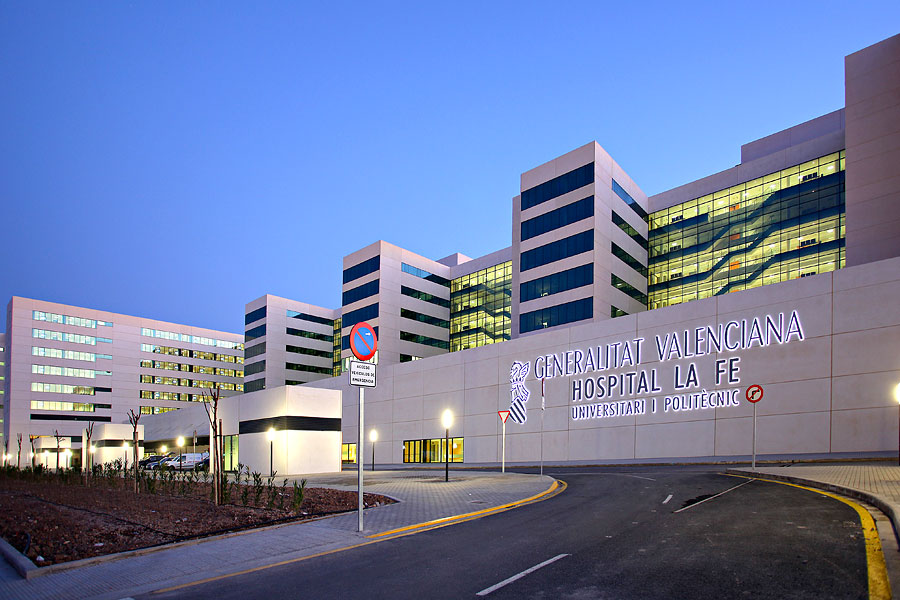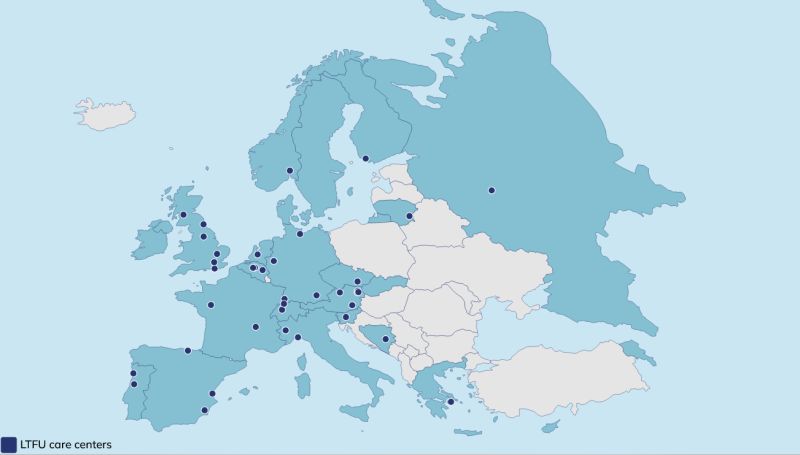In this interview, we meet the clinical team from HULAFE, which includes Adela Cañete, Julia Balaguer, Teresa Tormo; Antonio Orduña, Marisa Correcher, Vicente Pons, Lucas Cerveró. The multidisciplinary team is composed of experts from the Pediatric Hematooncology Unit and the IT Service.


Why did you join PanCareSurPass?
We joined PanCareSurPass as we are very worried about transition to primary care physician when our children who suffered cancer grow up and are discharged from our pediatric oncology units.
Introduce your clinic shortly.
The FUNDACIÓN LA FE is a non-profit organization that carries out the scientific and research policy of the “La Fe” Health Department. The research of excellence carried out at the HULAFE is patient-oriented and was accredited as a “Health Research Institute” by the Spanish Ministry of Science and Innovation in 2009.
The HULAFE offers scientific and technological services and has more than 10,000 m2 of clinical and research laboratories to undertake research programs based on state-of-the-art biomedical science, which aims to promote our priority research areas, including oncology and image/ Technologies Applied to Health.
HULAFE counts with Scientific-Technical Research Support Units, state-of-the-art infrastructures and equipment. These units are grouped into platforms for a centralized management.
Why do you think PanCareSurPass is an important project?
This project will enable our patients to empower themselves and control their own structures follow-up, based on the treatment received, and actualized internationally. Everything in an easy way.
What makes this project unique for you?
This project makes us pioneers in Spain and our survivors will be able to benefit from it. It is also the first major project on survivors that we are working on.
What do you hope this project will achieve?
We hope it will allow us to increase the Quality of Life of our survivors, and their empowerment leading their own follow up.
What’s the biggest challenge for your clinic?
Our biggest challenge is to obtain the necessary tools to take advantage of this international opportunity to give our survivors what they need to keep informed about their follow up in order to avoid the diagnosis of secondary effects when irreversible.
What’s the most fun thing for you in PanCareSurPass?
The best is to be able to share our knowledge with other people of different countries, and to realize that we all have the same problems but also the same motivation.
What’s the most important benefit of your work in PanCareSurPass for survivors?
We hope that our work will allow the Survivorship Passport to be implemented in our institution, and thereafter, perhaps in the country.
What else do we need to know about your clinic or is there anything else you want to share?
Everyone involved in the project is very happy to be able to participate and we are also learning interesting things, like Open Space Meetings.






